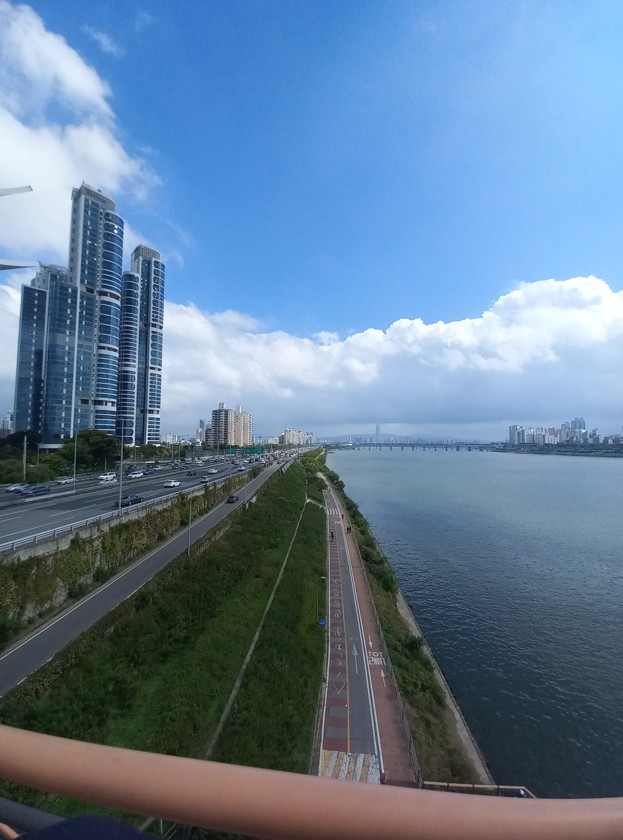 Why is the Han River speicial in Korea?
Why is the Han River speicial in Korea?
Why is the Han River special in Korea?
The Han River occupies a special place in the heart of Korea and is very important for the country’s culture, history, and development. From ancient times to modern times, this iconic river played a crucial role in shaping Korea’s identity and growth. In this article, we will explore why the Han River is considered such an important part of Korea’s heritage.
A natural lifeline.
The Han River stretches for about 514 kilometers, becoming the fourth longest river on the Korean Peninsula. Originating from the Baekdusan Mountains and with estuaries in the West Sea, it flows through the heart of Korea, passing through major cities such as Seoul, Incheon, and Gyeonggi Province.
The Han River serves as a lifeline for Koreans, who provide reliable water for drinking water, agricultural, and industrial purposes. The water plays an important role in maintaining the national economy and supporting the population. In addition, the Han River basin is an essential watershed area in the region that ensures an ecological balance of the surrounding ecosystem.
Historical significance.
Throughout Korea’s rich history, the Han River witnessed significant events and served as a witness to the country’s heritage. The river was an ancient settlement, palace, and site of historical battles, leaving behind a tapestry of stories and landmarks that illustrated the depths of Korea’s past.
During the Joseon Dynasty, the river served as a natural bulwark to protect the capital city from invasion. Its strategic importance led to the construction of various fortresses and military defenses along the banks, providing a glimpse into Korea’s military history.
A symbol of modernization and development.
In the 20th century, the Han River played a pivotal role in developing Korea into a prosperous modern country. As Korea began to industrialize and grow rapidly, the Han River became a symbol of progress and modernization.
The construction of the Han River Bridge in 1982 further improved economic development and urbanization, enabling better connectivity. Today, the Han River is lined with impressive skyscrapers, parks, and recreational areas, serving as a testament to Korea’s transformation into a global hub of technology, culture, and commerce.
A recreational and cultural center.
In addition to its economic importance, the Han River has also become a beloved recreational and cultural space for Koreans. The riverbank has parks, bike paths, and trails that are frequented by locals and tourists alike. These green spaces provide a tranquil escape from crowded city life, providing leisure activities, picnics, and sports opportunities.
In addition, the Han River has also become a center of cultural events and festival.